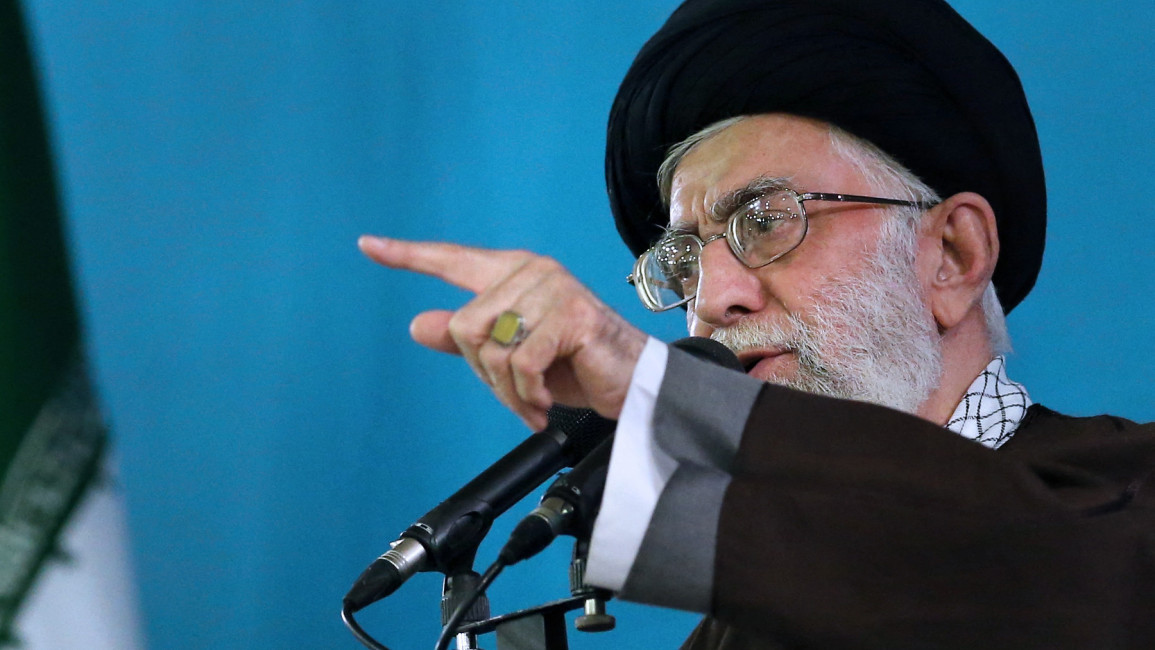Iran Supreme Leader Khamenei says 'exposing Zionist plots' essential part of Hajj
Iran's Supreme Leader has said that "exposing the Zionists' plots and conspiracies" is a key duty of the upcoming Hajj pilgrimage, the country's Fars news agency reported on Wednesday.
Speaking to Iranian Hajj officials, Ayatollah Ali Khamenei slammed Muslim-majority countries' recent liaisons with Israel.
"The Arab and non-Arab governments that moved toward normalising their relations with the Zionist regime, against the will of their nations and for the will of the United States, must know that these interactions will bring them nothing but exploitation at the hands of the Zionist regime," Khamenei said.
He also said that Mecca, where the Hajj takes place, does not belong to Saudi Arabia but to all Muslims.
"Mecca is not for them, Mecca is for all," he said.
It follows tensions between the two countries over Iranian pilgrimages to Mecca for Hajj. A stampede in 2015 led to the deaths of 450 Iranian pilgrims, which Tehran blamed on Saudi authorities.
Saudi Arabia accused Tehran of politicising Hajj, and stirring up unrest during the pilgrimage. In 1987, clashes between Iranian pilgrims and Saudi security forces led to 400 deaths.
Khamenei also urged Islamic unity, accusing the UK of sowing sectarian strife.
The normalisation deals struck between Israel and Arab states, including the UAE, Bahrain, Morocco and Sudan, drew sharp criticism from the Palestinians and sparked protests across the world.
For Iran, however, the moves also threaten to further isolate it in the region, with recent reports indicating that Tehran's arch-rival Saudi Arabia is in talks to formalise its relationship with Tel Aviv.
Earlier this month, Israeli Foreign Minister Yair Lapid said that Israel was pushing Saudi Arabia to be the next Arab state to normalise relations with it.
Both Saudi Arabia and Israel see Iran as the region's biggest threat to stability, and view recent efforts between Tehran and Western states to re-establish the Iran nuclear accord negatively.



